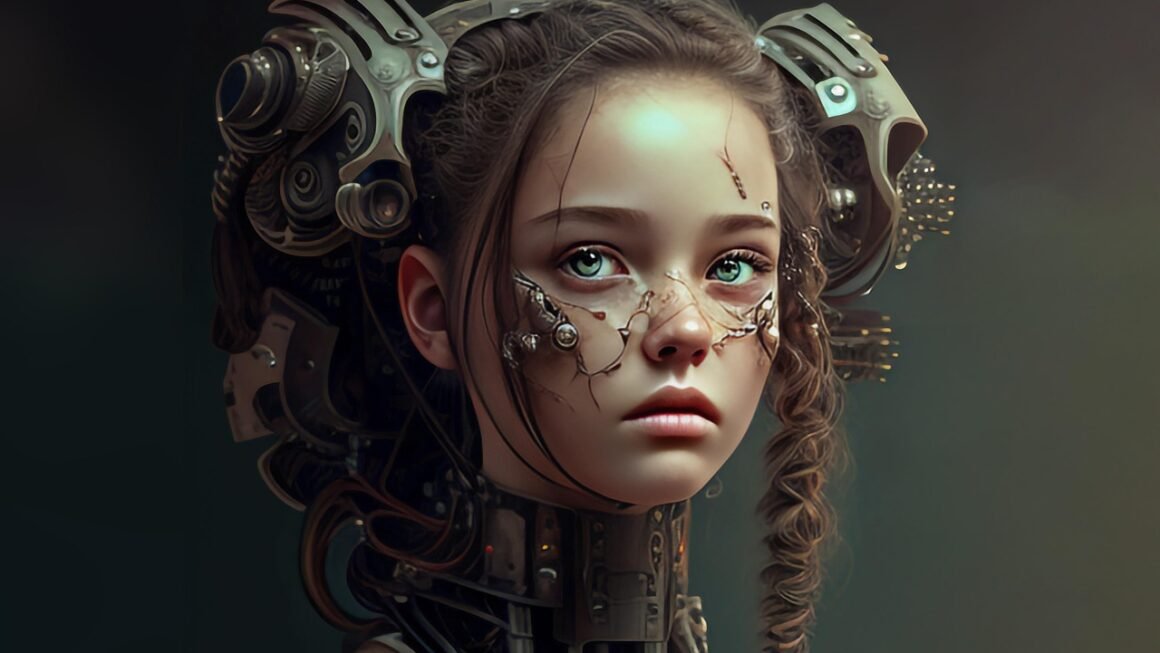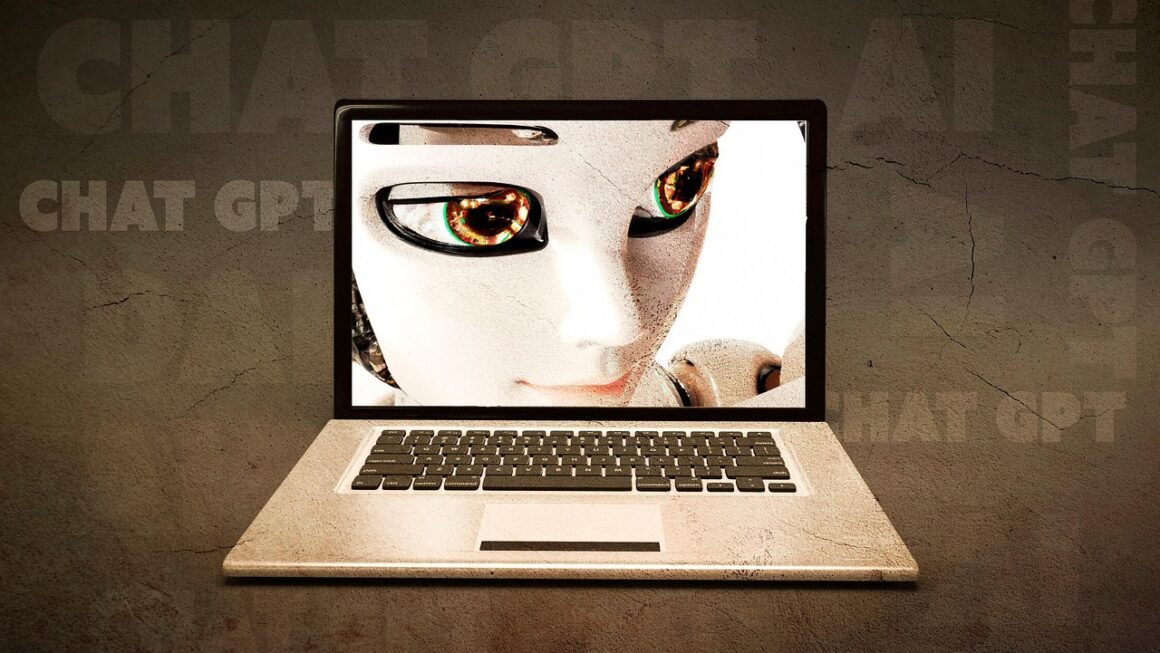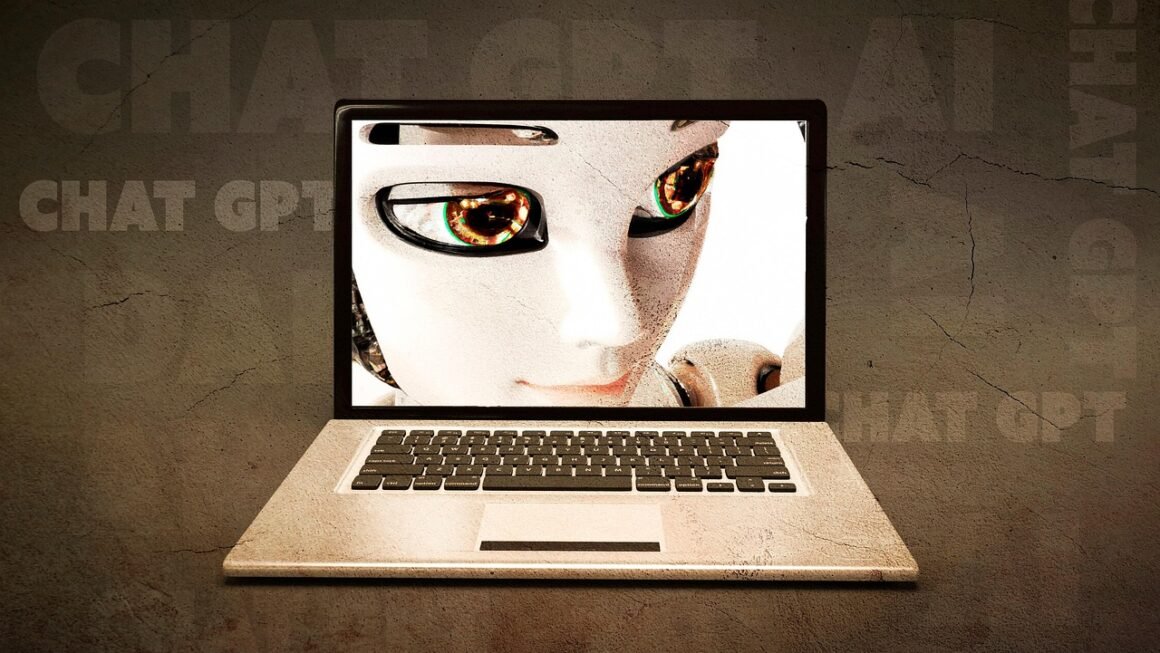The world of gaming is constantly evolving, pushing the boundaries of what’s possible in interactive entertainment. One of the most significant drivers of this evolution is Artificial Intelligence (AI). From creating more realistic and challenging opponents to generating dynamic game worlds and personalized experiences, AI is revolutionizing how games are developed and played. This blog post explores the multifaceted role of AI in gaming, delving into its various applications, benefits, and future trends.
AI-Powered Non-Player Characters (NPCs)
Enhanced Realism and Behavior
AI is transforming the behavior of NPCs, making them more lifelike and responsive to player actions. Traditional NPCs often follow pre-programmed scripts, leading to predictable and repetitive interactions. AI-driven NPCs, however, can learn, adapt, and react in a more nuanced way, creating a more immersive and believable game world.
- Examples:
The Last of Us series features infected enemies that exhibit complex swarm behavior and adapt to the player’s tactics, creating a challenging and unpredictable combat experience.
Red Dead Redemption 2 boasts NPCs with detailed daily routines and personalities. They react realistically to player interactions, fostering a sense of connection and immersion.
- Benefits:
Improved immersion
More challenging gameplay
Increased replayability
Dynamic Dialogue and Storytelling
AI is also used to generate dynamic dialogue and narratives, tailoring the story to the player’s choices and actions. This allows for more personalized and branching storylines, enhancing player agency and creating a more engaging experience.
- Examples:
AI-powered tools can analyze player decisions and adjust the narrative accordingly, offering different quest paths and character interactions.
Some games utilize AI to generate unique NPC backstories and motivations, adding depth and complexity to the game world.
- Actionable Takeaway: Game developers can leverage AI to create NPCs that feel truly alive, making the gaming experience more immersive and engaging.
AI in Game Design and Development
Procedural Content Generation (PCG)
PCG uses algorithms to automatically generate game content, such as levels, environments, and items. This can significantly reduce development time and cost while also creating vast and diverse game worlds.
- Benefits:
Reduced development time
Increased content variety
Creation of expansive game worlds
- Examples:
No Man’s Sky utilizes PCG to generate billions of unique planets, each with its own flora, fauna, and landscapes.
Minecraft employs PCG to create randomly generated worlds, providing endless possibilities for exploration and building.
- Data: According to a report by Unity Technologies, PCG can reduce level design time by up to 70%.
Automated Testing and Bug Detection
AI can automate the testing process, identifying bugs and glitches more efficiently than manual testing. This can significantly improve the quality of the game and reduce the risk of post-launch issues.
- Benefits:
Improved game quality
Reduced development costs
Faster bug detection and resolution
- Practical Examples:
AI agents can be trained to play the game and identify areas where the game crashes or behaves unexpectedly.
Machine learning algorithms can analyze game logs and identify patterns that indicate potential bugs.
- Actionable Takeaway: Implementing AI-powered testing tools can significantly improve the quality and stability of a game.
AI for Enhanced Player Experience
Personalized Gameplay
AI can analyze player behavior and preferences to tailor the gameplay experience. This includes adjusting difficulty levels, providing personalized recommendations, and adapting the game’s mechanics to suit the player’s style.
- Examples:
AI systems can monitor a player’s skill level and automatically adjust the difficulty of the game to provide an optimal challenge.
AI algorithms can analyze a player’s inventory and suggest items that might be useful for their current situation.
- Benefits:
Increased player engagement
Improved player satisfaction
More accessible gameplay
Improved Matchmaking
AI algorithms are used to match players with opponents of similar skill levels, creating a more balanced and enjoyable multiplayer experience.
- Examples:
MMR (Matchmaking Rating) systems in games like Dota 2 and League of Legends utilize AI to accurately assess player skill and create fair matches.
AI can also consider factors such as player location and ping to minimize latency and improve the online experience.
- Actionable Takeaway: Personalized gameplay and effective matchmaking contribute significantly to player retention and positive game reviews.
The Future of AI in Gaming
Machine Learning and Deep Learning
Machine learning (ML) and deep learning (DL) are poised to play an even greater role in the future of gaming. These technologies can be used to create more intelligent NPCs, generate more realistic environments, and personalize the gameplay experience in even more sophisticated ways.
- Future Trends:
AI-powered game masters that can dynamically adjust the game’s rules and challenges.
Virtual assistants that can provide personalized advice and support to players.
AI-generated narratives that evolve based on the player’s actions and choices.
- Examples:
Research into AI-driven character animation is aiming to create truly realistic and expressive movements.
Generative adversarial networks (GANs) are being used to create high-resolution textures and detailed 3D models.
Ethical Considerations
As AI becomes more prevalent in gaming, it’s important to consider the ethical implications. This includes addressing issues such as bias in AI algorithms, the potential for AI to exploit players, and the impact of AI on the job market.
- Key Concerns:
Ensuring fairness and avoiding bias in AI algorithms.
Protecting players from exploitation and manipulation.
Addressing the potential displacement of human workers in the gaming industry.
- Actionable Takeaway: A responsible approach to AI development is crucial to ensure that these powerful technologies are used for the benefit of players and the industry as a whole.
Conclusion
AI is transforming the gaming landscape in profound ways, enhancing gameplay, streamlining development, and creating more immersive and personalized experiences. From intelligent NPCs and procedural content generation to personalized gameplay and ethical considerations, the applications of AI in gaming are vast and constantly evolving. As AI technology continues to advance, we can expect even more exciting and innovative developments in the years to come, shaping the future of interactive entertainment. Embracing these advancements responsibly and ethically will ensure that AI continues to enhance the gaming experience for players and developers alike.



